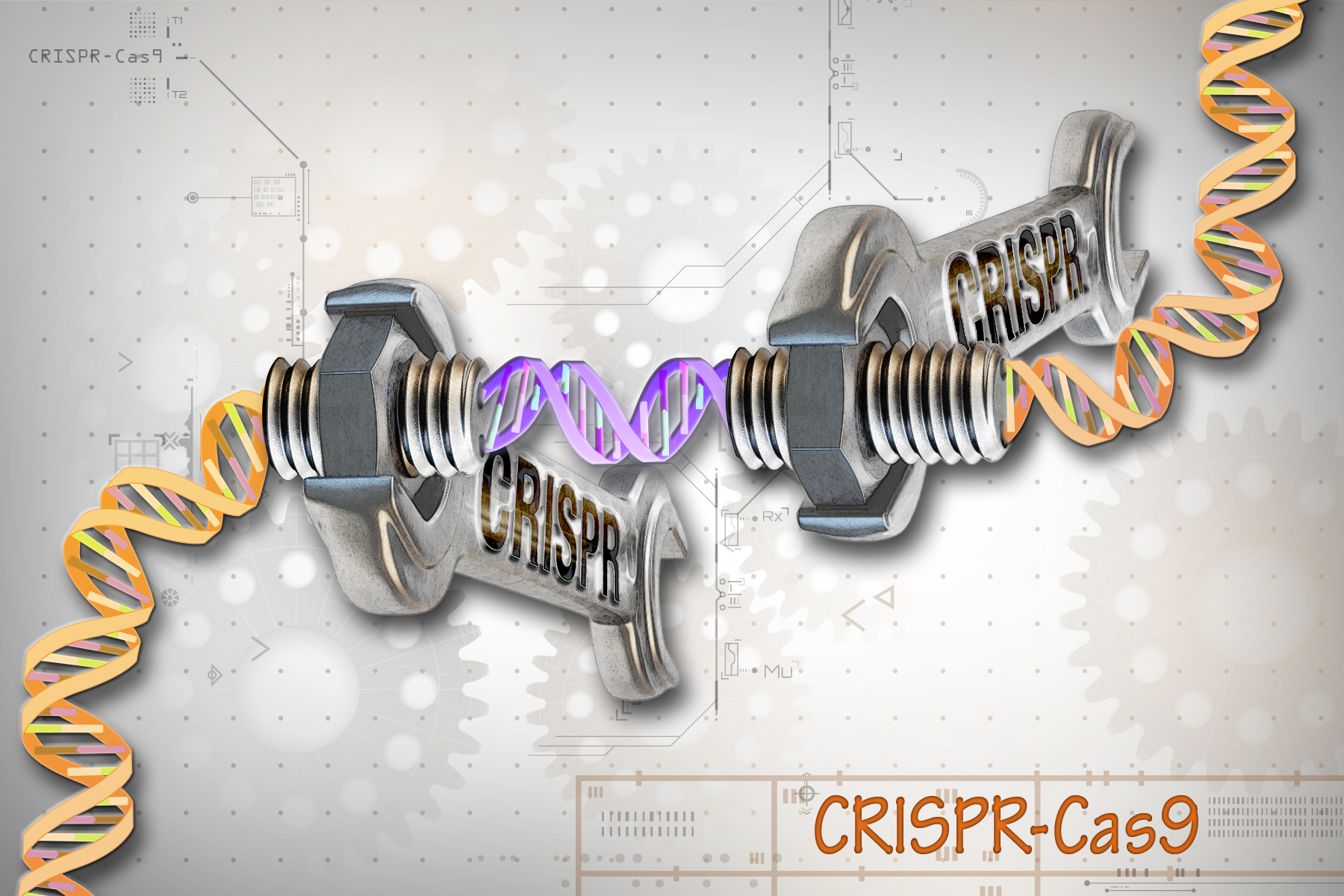THE CODE: The Code is a three-part video series investigating the roots of today’s most promising genetic technologies
By Text: Sharon Begley Video: Retro Report,
STAT
| 04. 02. 2018
Those who do not remember the past are doomed to repeat it. And those who do not remember the sometimes irrational exuberance around past advances in biomedicine may be doomed to buy into the hype around today’s. From curing Alzheimer’s and Parkinson’s to eliminating cancer deaths, no goal has been too ambitious for the best minds in medicine to claim is within reach thanks to the latest scientific discovery.
Here is your genetic gut check.
This three-part series of documentary shorts, produced by Retro Report in partnership with STAT, looks back at the roots of three of today’s most promising genetic technologies: genetic testing to predict which diseases someone might develop, precision medicine to match people’s genes to the treatments most likely to work for them, and genome-editing via CRISPR to repair disease-causing genes. Watch and listen to experts explain how the 1980s and 1990s version of each was going to change medicine and save lives. It puts today’s promises in a whole new light.
PART 1

The race to sequence the human genome was also billed as a race...
Related Articles
By Scott Solomon, The MIT Press Reader | 02.12.2026
Chris Mason is a man in a hurry.
“Sometimes walking from the subway to the lab takes too long, so I’ll start running,” he told me over breakfast at a bistro near his home in Brooklyn on a crisp...
By Diaa Hadid and Shweta Desai, NPR | 01.29.2026
MUMBRA, India — The afternoon sun shines on the woman in a commuter-town café, highlighting her almond-shaped eyes and pale skin, a look often sought after by couples who need an egg to have a baby.
"I have good eggs,"...
By George Janes, BioNews | 01.12.2026
A heart attack patient has become the first person to be treated in a clinical trial of an experimental gene therapy, which aims to strengthen blood vessels after coronary bypass surgery.
Coronary artery bypass surgery is performed to treat...
By Staff, ScienceDaily | 01.05.2026
Scientists at UNSW Sydney have developed a new form of CRISPR technology that could make gene therapy safer while also resolving a decades-long debate about how genes are switched off. The research shows that small chemical markers attached to DNA
...




